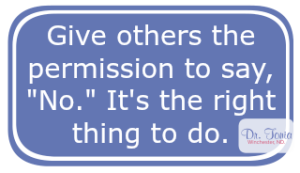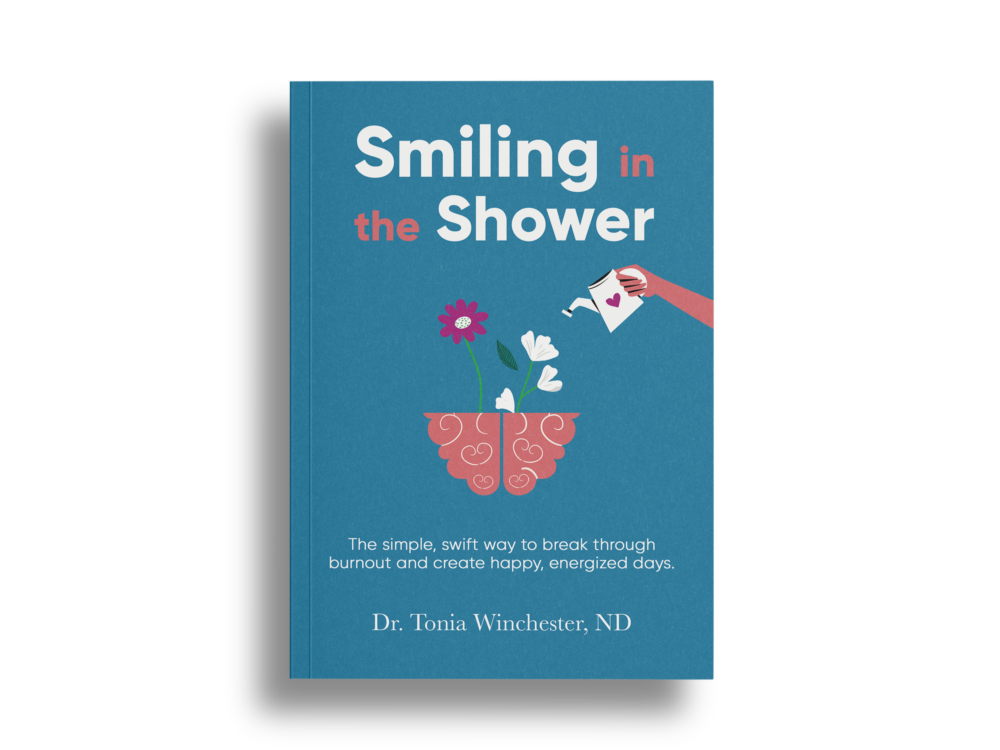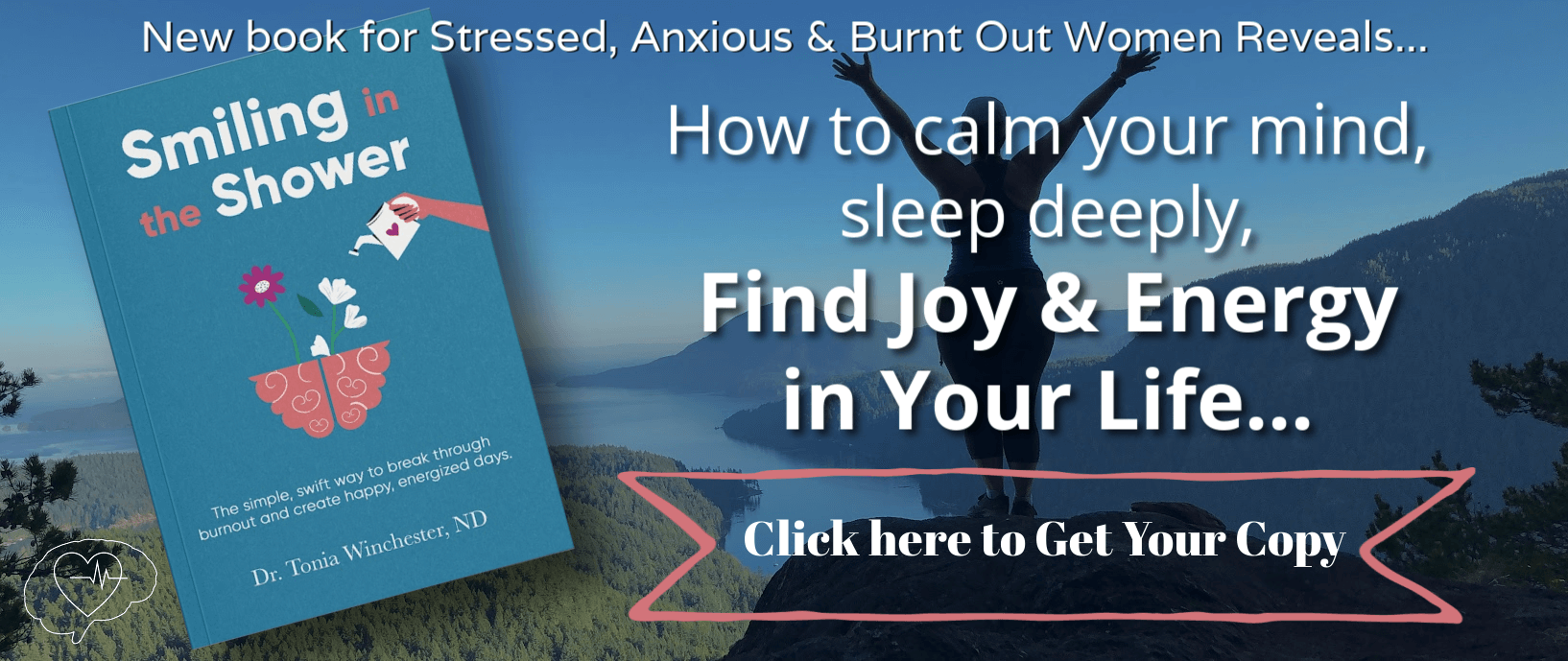 I’ve been thinking about favours a lot lately. As I’ve been moving clinics, I’ve been asking a lot of people – especially my giant husband for bucketfuls of help. I’m so grateful for everytime he or anyone stepped up, but I’m also grateful for the folks who declined with thanks.
I’ve been thinking about favours a lot lately. As I’ve been moving clinics, I’ve been asking a lot of people – especially my giant husband for bucketfuls of help. I’m so grateful for everytime he or anyone stepped up, but I’m also grateful for the folks who declined with thanks.
I’ve written before about figuring out what feels good in your body and aligning yourself with your “Yes’s” and your “No’s.” I’ve also written about how to say, “No,” when you really don’t want to do something.
But there is a flip side to this.
You have to be willing to accept “No’s” as well.
If you are asking someone to do a favor for you, they have the right to feel into what is aligned with their needs and respond accordingly. And honestly.
But often we don’t want to hear other people’s “No’s.” We want permission for ourselves to be able to say, “No,” but we just don’t like it when other people say it back to us.
The truth is you can’t control another human’s decision. That is theirs to make. Just as you want permission to say, “No,” so do they.
And I get that you don’t them to say, “I’m sorry I can’t.” You wouldn’t be asking them if you wanted a “No!” But by asking them you have to accept that they will decide what they decide.
They may have a million reasons why they want to say, “No,” or have to say, “No.” But they may feel obligated to say, “Yes,” to you because they are worried you won’t like them if they say, “No.”
But would you not like them? Well… that is up to you and depends on the favour, and the context, I suppose. But check in with yourself. Is this favour the make-or-break-it favour in the relationship?
Would you rather they agree to something they don’t want to do and resent you for it?
(Mind-Body Medicine tells us that resentment is where disease festers. And you don’t want that for your loved ones, do you?)
And what does it really mean if they don’t agree. Is it personal? Not likely.
Is it malicious? Probably not.
Even if it was either of those two things – it’s actually not your business what people think of you.
(And if either of those examples ARE true – it’s probably time for new peeps who love and care about you.)
I think it’s courteous to include a clause in your favour asking. Give them an out.
Let them know you’ll still like them. I literally say this to folks when I’m asking for a favour:
“I have a favour to ask you. You can totally say, “No.” I’ll still like you.”
That gives them the freedom to choose what they want to do. At no cost to them or our relationship.
And also, they’re more likely to get back to you quickly with their, “No,” instead of leaving you dangling wondering what their answer is. You can then swiftly move on to the next person on your list to ask.
Now if down the road I’m finding that this particular person is NEVER saying, “Yes” to help me, then I have a choice. I can archive them in my Rolodex of people not to ask for favours.
Or I can decide how much effort I’m going to put into the relationship.
And these relationships – where there doesn’t seem to be an equal give and take – tend to have a natural way of just slipping out of my daily world. And that’s okay too.
So I challenge you today. Work on accepting “No’s.” Give people permission to be honest with you. Let them be witnessed in their truth. That is a great gift of which all humans need more.
It may not be easy at first; but it does get simpler with practice. And gosh is it worth it.









